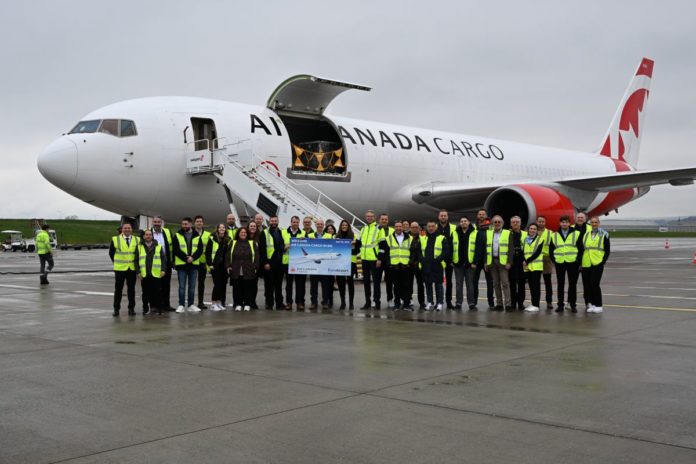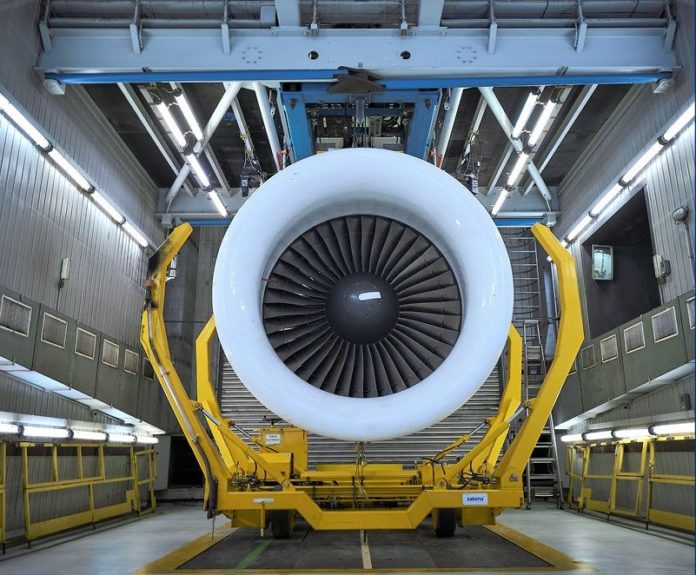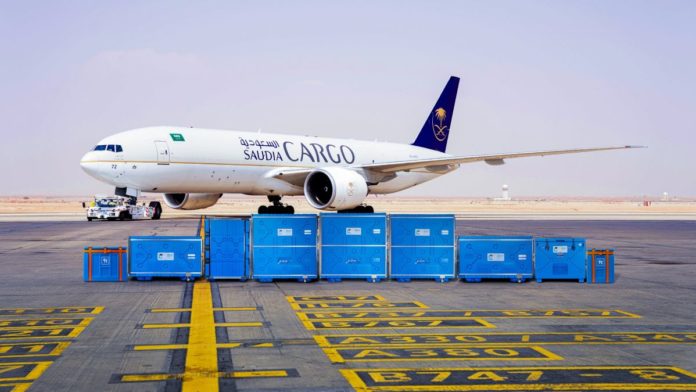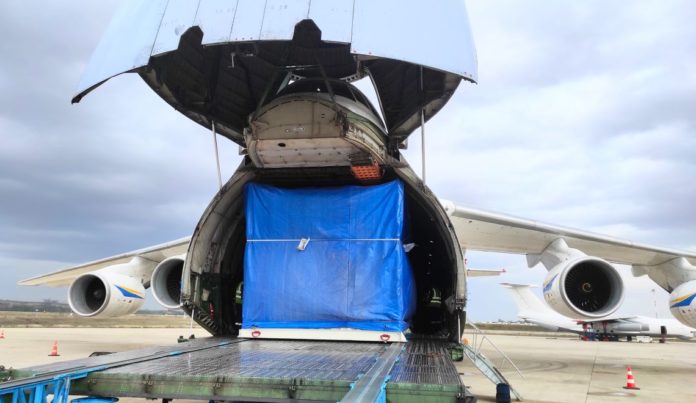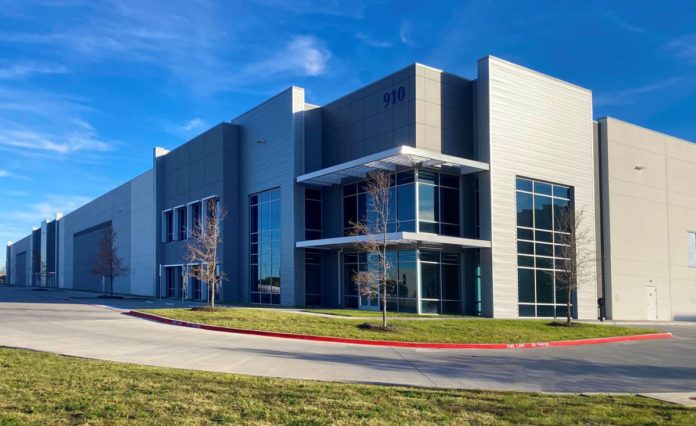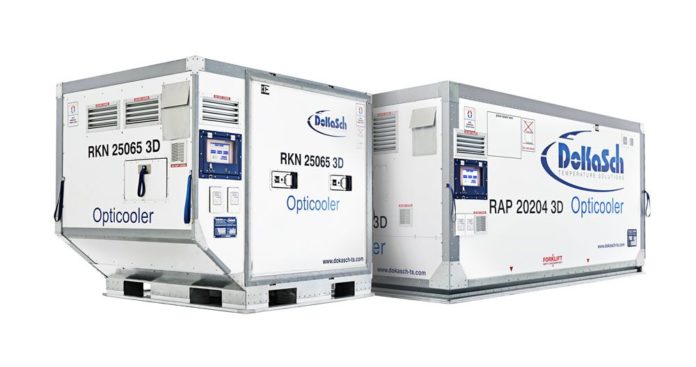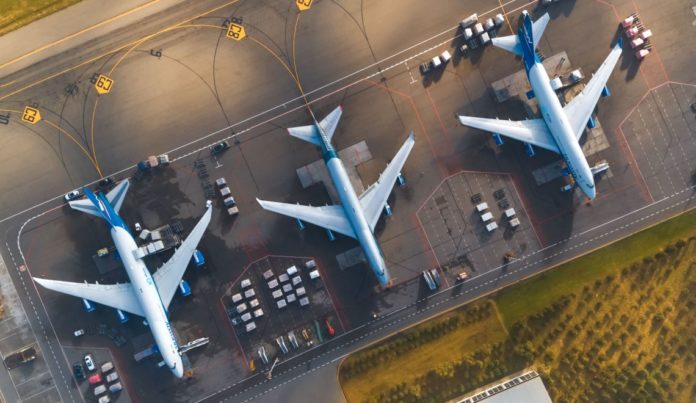Puerto Rico (PR), the number one bioscience manufacturing hub in the US by export volume, is launching a Government-backed Life Sciences Air Cargo Logistics Community.
It will bring together all parts of the supply chain with the objective of making the US territory the most important Life Science hub in the Americas. The Caribbean island lies about 2,000km west of Miami.
The PR Air Cargo Community, supported by the PR Department of Economic Development (DEDC), will include airlines, airports, forwarders, integrators, pharmaceutical and medical device manufacturers, ground handlers and hauliers. It will work to improve the quality of cargo handling and market Puerto Rico’s capabilities in the Life Science sector around the world.
A number of companies who will be joining the new Community have already started the International Air Transport Association (IATA) Center of Excellence for Independent Validators (CEIV) certification process as part of the initiative.
Secretary of the Department of Economic Development and Commerce (DEDC), Manuel Cidre, said: “We aim to put Puerto Rico firmly on the map as the best quality airfreight hub for life science in the Americas. The new Community is open for everyone in the supply chain to join and our group will also act as the Voice of the Industry with legislators and other stakeholders.”
Twelve of the world’s 20 top-grossing pharmaceutical companies, including Johnson & Johnson, Amgen, and Abbvie operate on the island, manufacturing eight of the 15 globally top-selling biopharmaceutical products.
“We truly believe we’re heading in the right direction,” said David Olan, transportation lead, PR operations at Johnson & Johnson. “The new Air Cargo Community will give us the forum to define our opportunities to drive a consistent and solid Supply Chain logistics on the island.
“We will be able to create a more reliable and quality-oriented ecosystem that is aligned with our Life Science and Healthcare sector and at the same time, it will help us to meet and/or exceed our customers’ demands.”
Twelve out of the top 20 medical device companies also manufacture on the island, including Medtronic, CooperVision, and Boston Scientific, manufacturing products such as pacemakers and implantable defibrillators, surgical instruments, lab devices, dental equipment, and vision correction goods.
PR is designated by the US Department of Transportation as an international air trans-shipment hub, which allows unencumbered trans-shipment at its three international airports.
The community will initially aim to improve the overall quality of airfreight operations in PR by adopting best practices and a standardised way of operating, represent the community, lobby on its behalf with legislators and authorities and raise awareness internationally about PR’s airfreight capabilities and life sciences expertise.
“We have a well-trained, highly adaptable, bilingual workforce and decades of experience in manufacturing life sciences,” said Cidre. “We have the full backing of Customs, and, through cooperation and a focus on sustainable, state-of-the-art, standardized air logistics, we will improve all parts of the shipment journey.”
A Community Board will include, along with community members, the DDEC, Invest Puerto Rico, the Industry University Research Center, Aerostar Airport Holdings, and the Port Authority of PR.
The new Community and Board will meet for the first time in April to plan its next steps.







